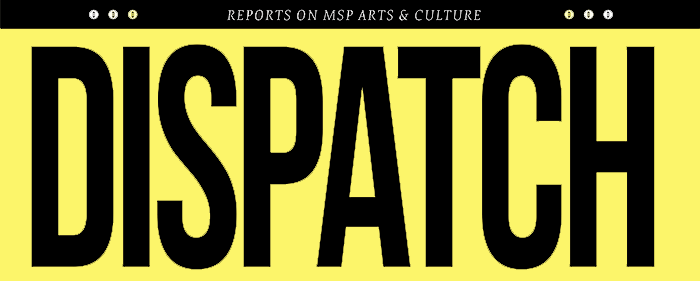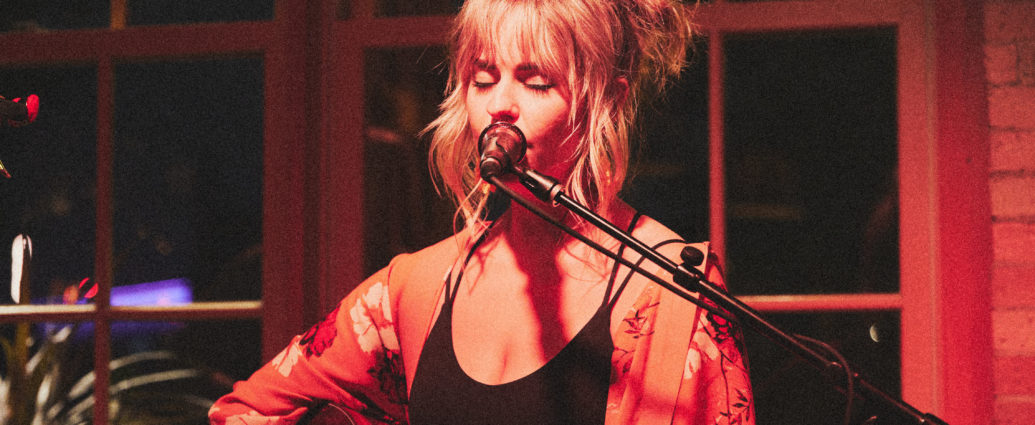How three artists—an actor, a singer/songwriter, and a photographer—got sober and opened new creative avenues.
T. Mychael Rambo
T. Mychael Rambo is just about to celebrate his anniversary: January 28, 1989, was the day he finished treatment at Hazelden, where he landed thanks to a one-way ticket from his father.
Prior to treatment, he’d been “miserable and making a lot of money” in corporate business, which combined with “denial, anger, rage, trauma related to my lived experiences and the fact that I really didn’t feel like I was living in my own skin” led to recreational weekend use of alcohol, cocaine, and heroin, which ramped up to workday lunch breaks.
He lost his job, his car, his home. The former “honor student, athlete, and golden child in many ways” was in a bad way.
After Hazelden, he called his dad to report a new efficiency, job, and savings account. He says his dad’s reaction was “brutal, but transformative”: “‘When you call me with something you were raised to do, I’ll be ready to listen.’ It was an accomplishment, given where I’d been, but not to rest on it as a laurel—to use it as a springboard.”
His pipe dream was to sing. Dale Johnson, artistic director at the Minnesota Opera, happened to hear Rambo sing in a yogurt shop in the skyway. He gave him an audition—and a part in Showboat. There was no looking back. Since, he’s performed the world over, including Carnegie Hall, for former presidents Carter and Obama, taught as an adjunct at the University of Minnesota, and won two regional Emmys.
“Because I didn’t engage in the art form I’m in before I got sober, I didn’t equate my artistry and using together,” he says. But sometimes artists approach him when they need a space to rest, feel welcome and heard, and spend time with sober community.
“Our artistry asks us to delve in our deepest-darkest, to excavate ourselves from those spaces …It’s really a catch-22: I want to be a great artist, but I don’t want to feel,” he says. “You can be a mathematician and not deal with your stuff, but it’s pretty hard not to be an artist without feeling because it’s informed by yourself,” he says.
He is quick to mention he doesn’t judge what is appropriate or not. “I say to any person who is teetering on precipice whether they can use and perform: If you can’t be the character, live truthfully under imaginary circumstances, or participate in the willing suspension of disbelief because your using behavior is getting in the way, you have left your art form and abandoned it for something that no longer serves your artistry.”
MAYA ELENA
Singer/songwriter/guitarist Maya Elena had her Frank Zappa era. And it was great. “It was so cool tripping balls, singing to people,” singer/songwriter/guitarist Maya Elena says. “That was wild and a cool experience, I’m not going to lie. Some aspects of it were consciousness shifting.”
But, she says, she often came off shows or tours feeling totally overexerted, even in physical pain, from sustaining that kind of energy and experience. Or when she had to call a nurse friend from a festival in the woods in Ohio, where she sustained a bad concussion while drinking. “It was then I realized this was not sustainable,” she says.
Elena sought outpatient support, including AA, NA, and Y12SR, a Buddhist-based 12-step program that included meetings, yoga, and meditation.
After taking some time off from performing, she’s headed a new direction.
“For me, my dream is to lay down in the middle of First Ave on a pile of pillows—I’m not trying to stand and drink,” she says. So she created Yin Yoga and Live Music. “To have an idea like that and see it come to life and have a supportive, creative friend who is also sober and an amazing collaborator and deepen that connection has been really meaningful and relieves some of the pressure of having to feel like I have to be a certain way,” she says.
Before she got sober, she says she felt the only path was climbing a festival circuit and keeping up with hard-partying bands she admired. But she didn’t have time or space to develop her own songs. She adds there was notable, additional pressure from older men in the industry to consume more alcohol and drugs—and substances helped her “numb out” some of the “blatant sexism and traumatizing objectification” she frequently faced during and after performances.
Now, the boundaries she’s put in place help her conserve her energy and her wellbeing.
“I can connect with people authentically, knowing there’s an end time, and that I’m not going to bunk with the fucking production team who will be doing blow til sunrise,” she says. “There’s no judgment—plenty of people drink who don’t have a substance use disorder like I do—but I can only handle so much of that because of what it requires of me to meet someone at that energetic level.”
Kevin O’Meara
“For someone as bad off as I was, this wasn’t a moral decision. There was no moment of courage,” photographer Kevin O’Meara says. “I was in such bad trouble, I was out of options. . . . the people who have the ability to take the Nancy Reagan approach of ‘just say no’ are in a very different camp. . .I have a permanent fatal progressive disease that’s really trying to kill me.”
In 2008, at 20 years old, O’Meara got sober through back-to-back programs of preliminary and secondary inpatient stepdown. He got into sober housing and went back to school with sober support.
Eventually, he picked up a camera. “There was no notion of ‘Time to be an artiste,’” he says. “It was more like ‘I like cameras, this makes my dumb brain sizzle.’” Ultimately, he realized creating his art, independently, is the reward, and where he finds “unadulterated bliss.”
One of O’Meara’s friends—U of M PhD student Nicholas Henderson—wrote an article called Surviving the Sober House, which O’Meara says crystallized what he needed to make his work about. Another friend, Tyler Boente, fed him research. He borrowed methods from another friend, Kevin Ehrman-Solberg—a PhD geography student who was part of the Mapping Racial Prejudice project—as a reference to map out and photograph sober houses in the Twin Cities. This turned into his book, The Housemate.
“If I didn’t take care of my alcoholism, I wouldn’t be able to do anything. One of the most intense human experiences I’ve had is experiencing all this stuff sober,” he says. “I’m not some fucking tough guy because I have to be sober, but dealing with grief and dealing being imperfect allows me to make art. That’s indescribably valuable.”
O’Meara says his life is “infinitely cooler” than he could have imagined it to be, but not easy: For instance, his friend, Ehrman-Solberg, died last year. “As I released this book, as I have my first real show, as I go to book fairs and do artist talks…it’s brutal. This is straight from him, a research method from him. Nobody does this shit alone. I learned how to operate in community because of recovery. My practice is inextricably linked to it.”

